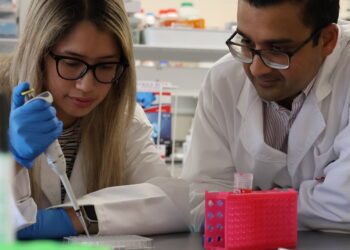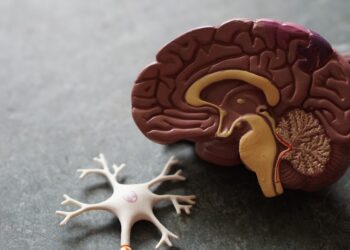Post Pregnancy marks an end of an eventful journey which brings to life a bundle of joy; yet in many ways, it’s a beginning of a transition at various levels – both biological and psychosocial.Dr Jeegar Dattani of Zifam Pinnacle shares how mother’s overcome post pregnancy depression, anxiety and cognitive function.
This phase is distinctively indicated by surge and fall in certain hormones; besides, post-delivery pain in areas of intervention, and fatigue that associates fluid loss. On the psychosocial front, it’s a plethora of emotions – from immense joy of creating life to profuse anxiety about superadded responsibilities; sometimes even surging up to a state of depression.
We attempt to list means to deal with some of these commonly encountered stress post pregnancy.
Adapting to Anxieties
Following is a sequential checklist to approach your post pregnancy anxiety
– Ask yourself, “What’s the anxiety about?”
– When you do the above, most of the times you will be able to figure that you are generally anxious about:
1. Not being able to take enough care of your child
2. About the child not breast feeding well
3. About the child’s crying ,crankiness and sleeplessness
4. Physical changes occurring in your own body
– Invariably most of the times – the above will keep you nervous and it’s important to understand that it’s alright to go through these anxieties because every mother lives through them
Ways to overcome such anxiety:
– As they say ‘knowledge is power’ – read and understand about life after pregnancy, it will help you anticipate the adaptations required
– Seek help from those who have gone through the same ride
– Share your experiences with your loved ones – venting out is a way to waning off your stress
– Meditation – it’s a universally calming activity
– Resume your daily activities and work as soon as you can – the sense of being able lead a routine life is encouraging and keeps you well occupied
– Educate yourself on lactation lessons
– Know about basic infant issues – like colics keep them cranky, hunger keeps them awake etc. will be helpful
– Attempt to be flexible with catching up on your sleep. Your sleeping hours will largely be dependent based on child’s sleep-wake cycle. In such cases, your sleep is often hampered which raises the turmoil on your body
Defeating Depression
Following is a sequential checklist to realise that you could be drowning deep into depression post pregnancy
– Analyse the following experiences:
* Is the feeling of sorrow overpowering the joy and satisfaction of giving birth to your child?
* Are you feeling incapacitated about this new phase and added responsibilities?
* Is your breast feed affected along with the above associations?
* Being with your baby doesn’t bring a sense of fulfilment
* Most of these symptoms should wein off within two weeks of post – delivery
* If these feelings persist or worsen beyond two weeks , it’s time to seek medical help
* It’s crucial to be borne in mind that no one can help you more than you yourself
* Seek help of natural supplements like Hypercium Perforatum and Omega 3 Fatty Acids, (Hypericum is contraindicated in pregnancy and lactation, may be taken post weaning)
Combating Cognitive Dysfunction
Impaired cognitive function – multifactorial in causes, possibly arising from hormonal fluctuations, variable fluid demands at different stages of pregnancy – in turn altering circulatory load and brain tissue perfusion
Below are few of pointers to tackle symptoms of cognitive decline post-delivery and help restore cognitive function
– Last days of pregnancy renders relative immobility which hampers circulatory efficiency. It is essential to keep performing modest physical activities throughout pregnancy and even after delivery. Even a ten minutes’ walk up to thrice a day will suffice
– Keep your brain active. Involve your – self in thought provocative games like Crosswords, Sudoku or just anything that keeps your brain on its toes
– Indulge in reading. It’s a therapy in many ways. It’s a nourishment to the mind and brain, keeps ill thoughts away and prevents the brain from being clumsy.
– Vitamin D levels may be lowered due to increased demands during and post pregnancy. Recent data indicate that Vitamin D has potential cognitive benefits. In view of the same, it may be useful to take Vitamin D supplements throughout pregnancy and lactation
-Seek help of natural supplement options like Ginkgo, Bacopa, and Centella etc. which have clinically proven benefits on various aspects of cognitive function. (The use of these supplements is contraindicated in pregnancy and lactation, may be taken post weaning)
– Take charge of your anxieties and depression of early post pregnancy in the first place, because eventually they will affect outcomes of cognitive function in the longer run.




















